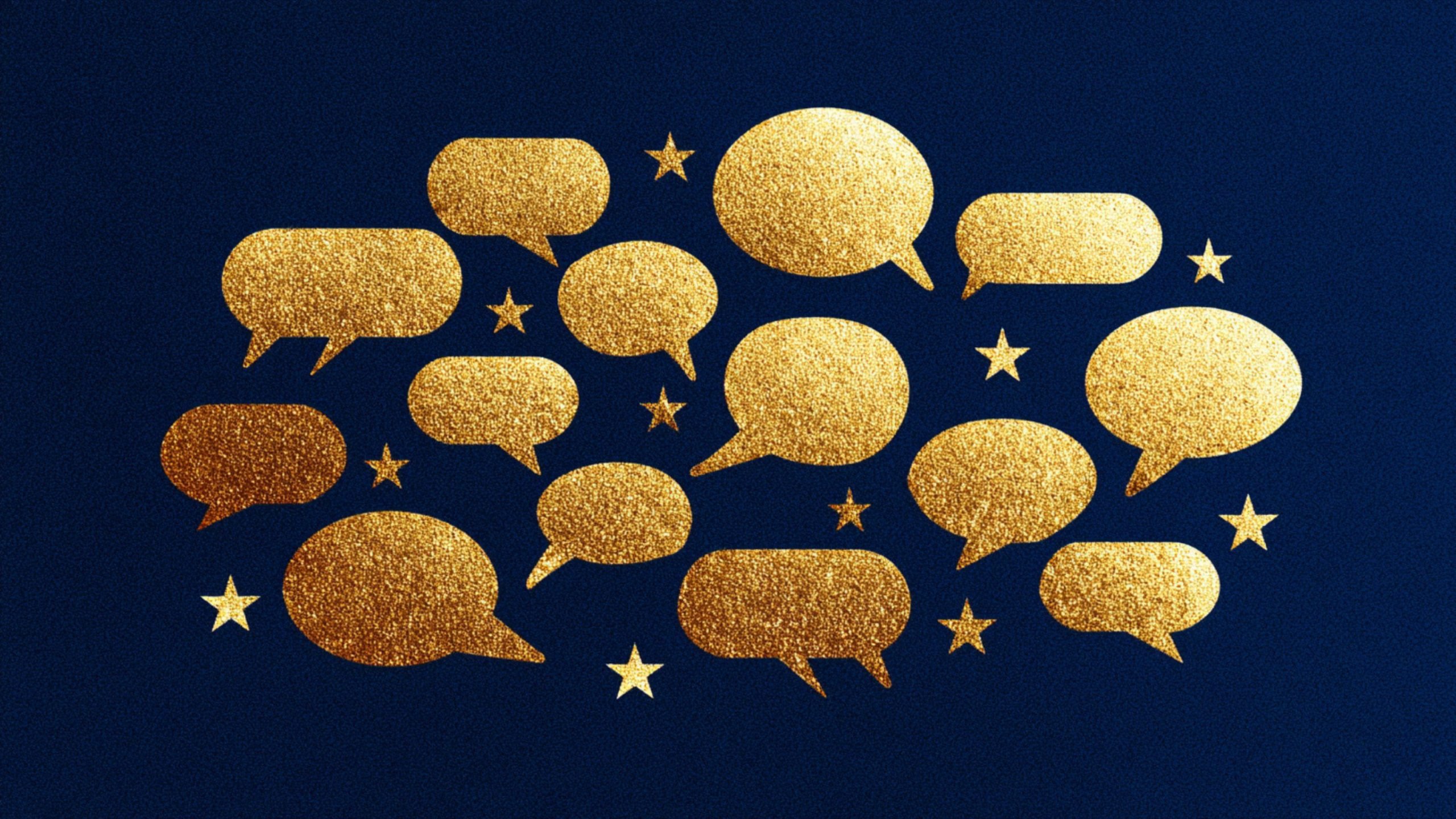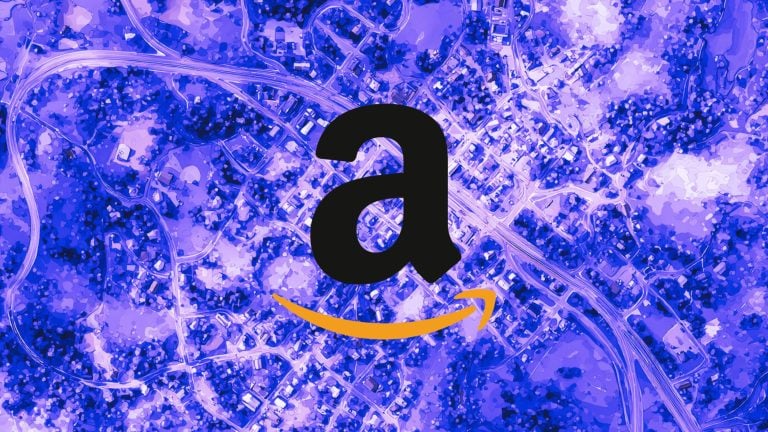European regulators have turned their attention once again to the control of online speech.
The European Commission has announced preliminary findings that accuse Meta and TikTok of violating the EU’s Digital Services Act (DSA).
According to the Commission, both companies have made it harder for users to report what the EU calls “illegal content,” restricted users’ ability to appeal moderation decisions, and obstructed researchers’ access to data.
Read the press release here.
The Commission presents these accusations as steps toward improving transparency and user safety, but the measures reach much further into Europe’s tightening censorship structure.
At the core of the Commission’s case is the claim that Facebook and Instagram do not offer clear or accessible ways for users to report allegedly illegal material.
The EU argues that Meta’s interfaces rely on “dark patterns,” or confusing design choices that may discourage users from submitting reports.
The justification centers on removing child sexual abuse and terrorist content, but the DSA’s scope is far broader.
It allows users and “trusted flaggers” to report any material that breaks national laws.
In countries such as Germany, those laws criminalize large categories of online speech under “hate speech” legislation, which has led to arrests over ordinary commentary or political expression.
The Commission also accuses Meta and TikTok of making it unnecessarily difficult for independent researchers to obtain data, describing the companies’ procedures as “burdensome.”
Officials claim this data access is necessary for “public scrutiny” of social media’s impact on society and mental health.
Yet many of the researchers granted such access use their findings to argue for tighter moderation and greater government oversight of online platforms, effectively pushing for more censorship under the banner of transparency.
If the findings are confirmed, both companies could face fines of up to six percent of their global annual revenue.
As EU Executive Vice-President Henna Virkkunen declared, “Our democracies depend on trust. That means platforms must empower users, respect their rights, and open their systems to scrutiny. The DSA makes this a duty, not a choice.”
Behind this language of empowerment and transparency lies a broader political project.
By compelling platforms to enforce speech restrictions rooted in national laws, the DSA allows governments to determine which voices are heard online.










